Articles by Global Voices Advox

‘Nobody knows what will come next’: Venezuelans rally in major challenge to Maduro
As of 24 January, four people had been killed so far in the protests. Police responded with tear gas and rubber bullets in parts of Caracas.
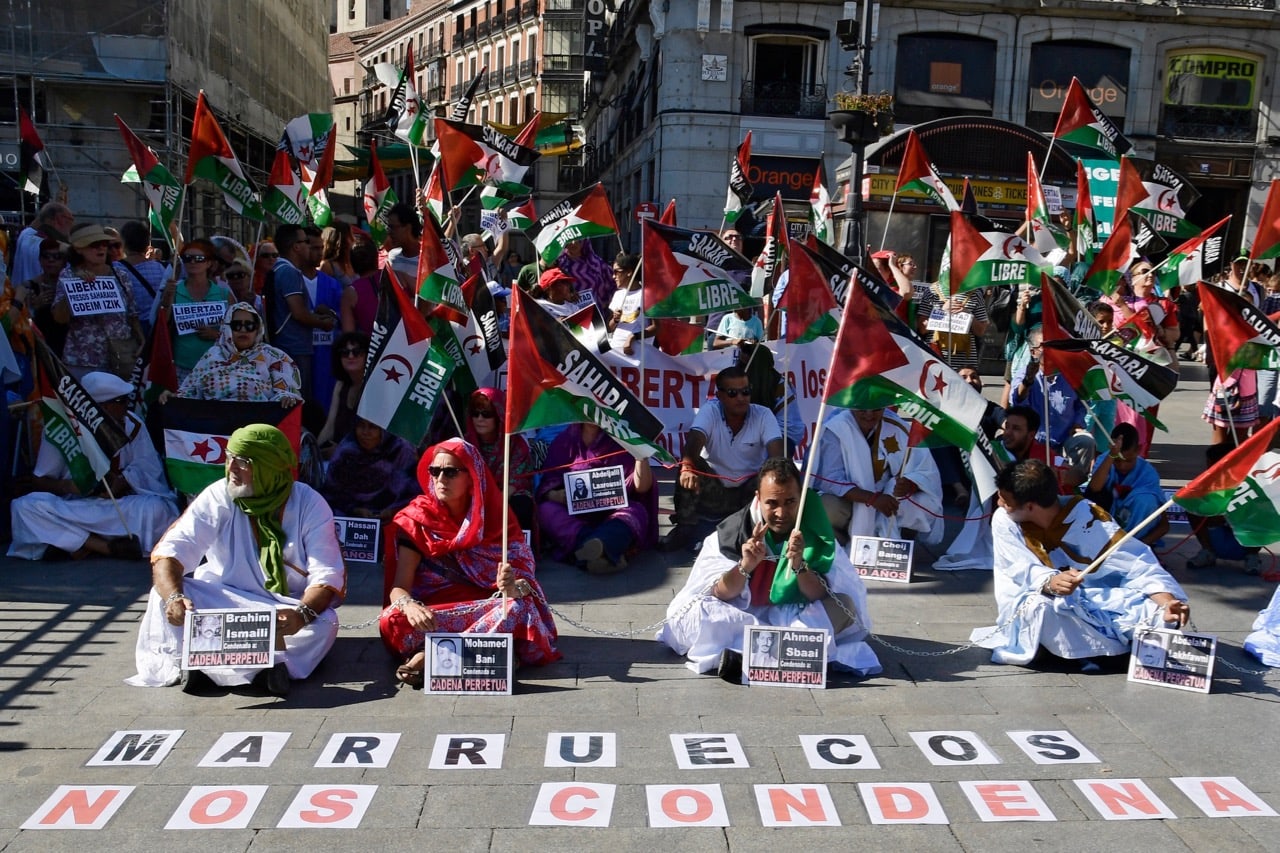
Western Saharan media activist suspends hunger strike in Moroccan prison
The 32-year-old activist was arrested in 2010 and convicted of “complicity in violence” against security forces in 2013. He is now in solitary confinement in Morocco’s Talfit prison.

Arrested in Saudi Arabia, and then disappeared: Yemeni writer Marwan Almuraisy
More than four months after he was arrested in Saudi Arabia, the whereabouts of Yemeni writer Marwan Almuraisy remain unknown.
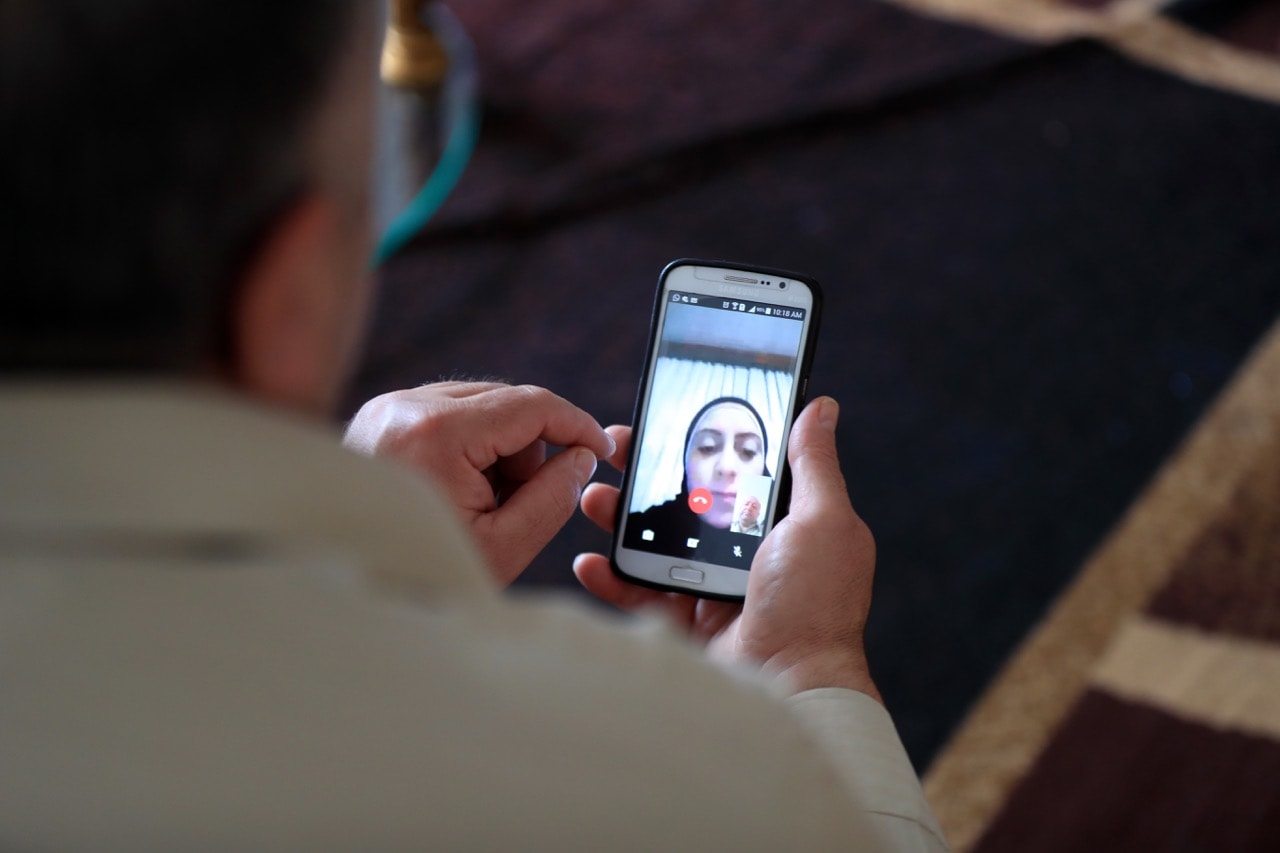
Will Syria follow in the UAE’s footsteps and censor VoIP services?
The Syrian Telecommunication Regulatory Authority (TRA) announced that it may soon begin blocking voice and video calls on WhatsApp and other Voice over Internet Protocol (VoIP) services.
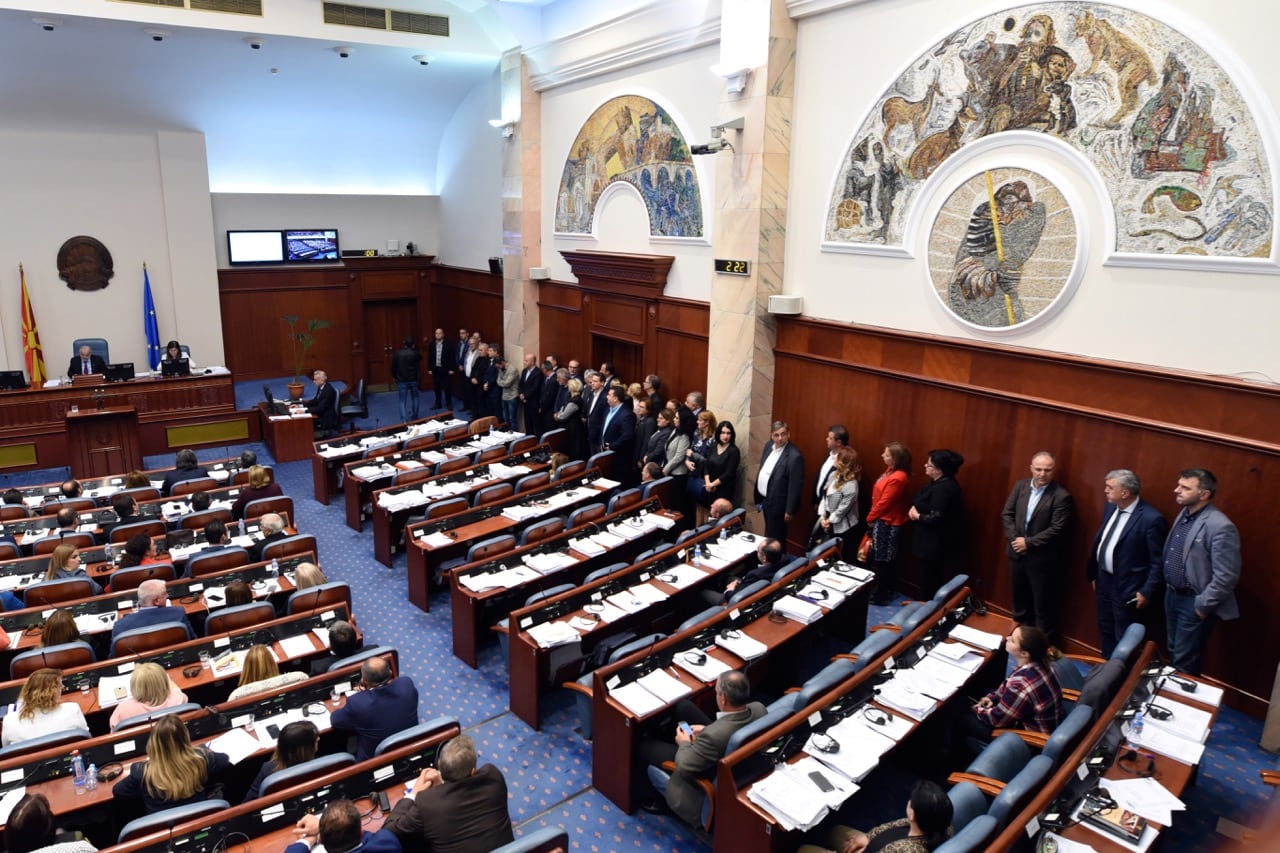
Macedonia: Former ruling party propagandist calls for rape of woman journalist
Macedonia’s state-owned news agency (MIA) suspended the prominent VMRO-DPMNE promoter Cvetin Chilimanov after he called for the rape of journalist Valerie Hopkins on Twitter.
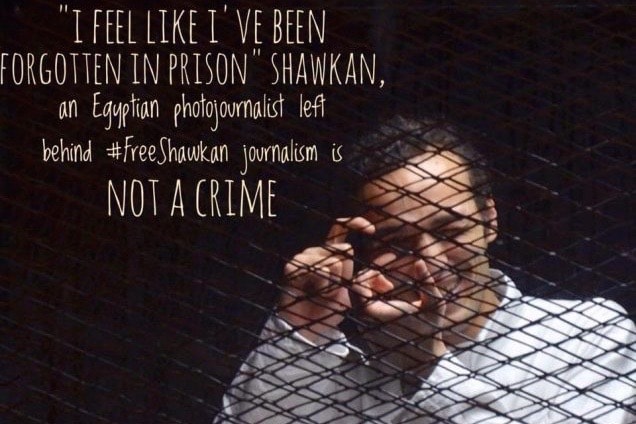
When will Egypt release photojournalist Shawkan?
Despite hopes that he was going to be freed soon, Shawkan’s ordeal is yet to come to an end, and there has been no public explanation as to why he remains in jail to this date.

How much blood will the right to vote cost Afghans?
Targeted attacks and other forms of violence are undermining Afghanistan’s parliamentary election scheduled for 20 October
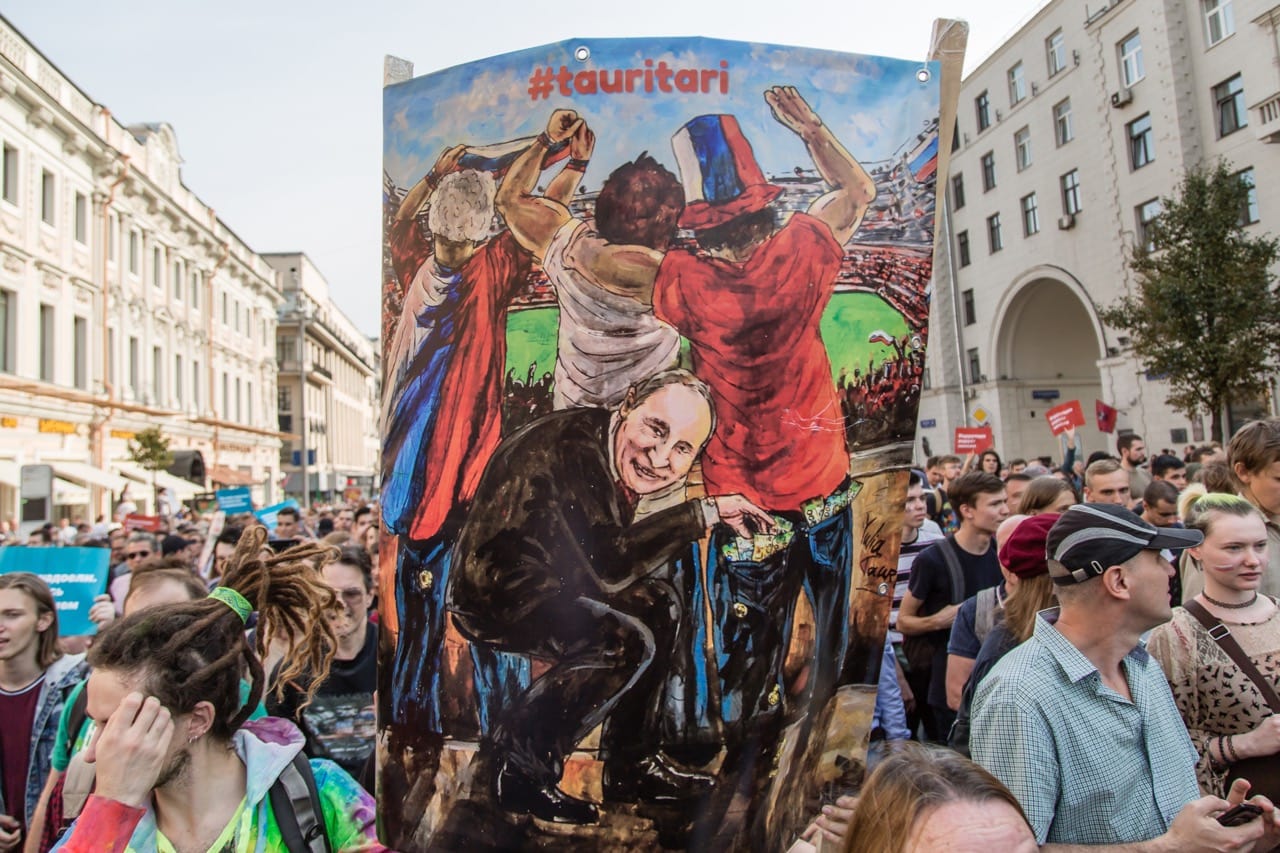
Compare the world’s largest tech companies on human rights terms
In April 2018, Ranking Digital Rights released their third Corporate Accountability Index, a ranking of corporate policies affecting freedom of expression and privacy.
